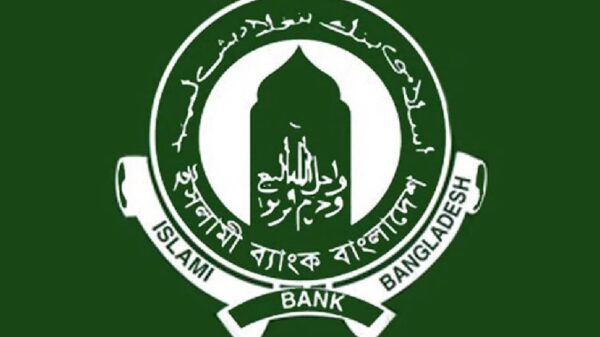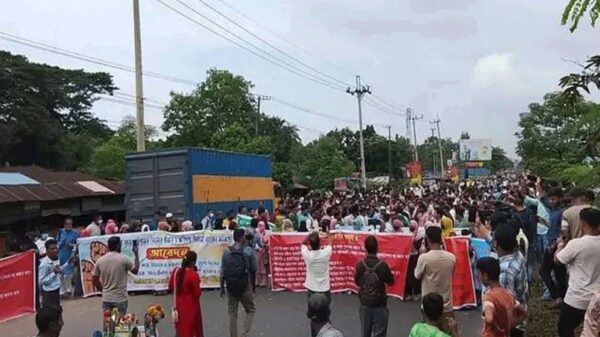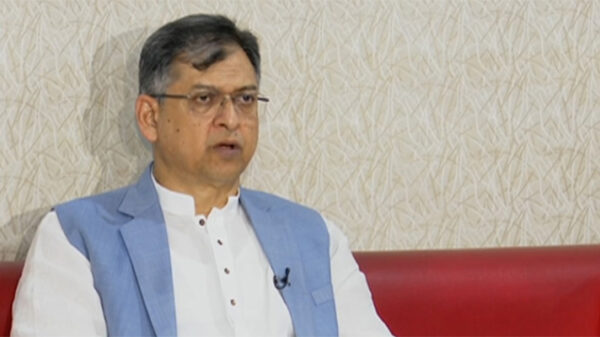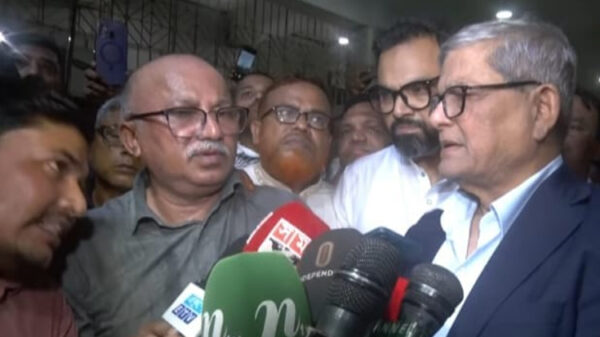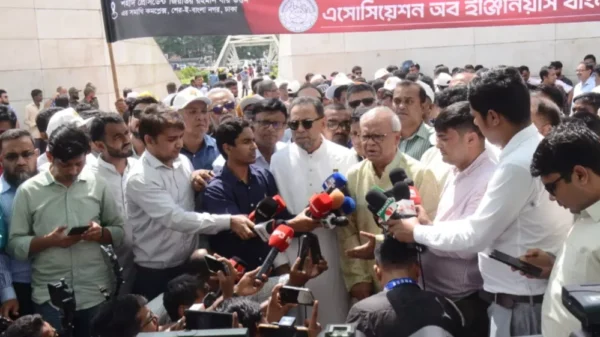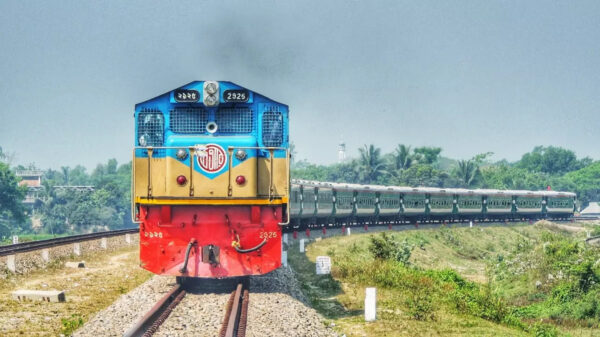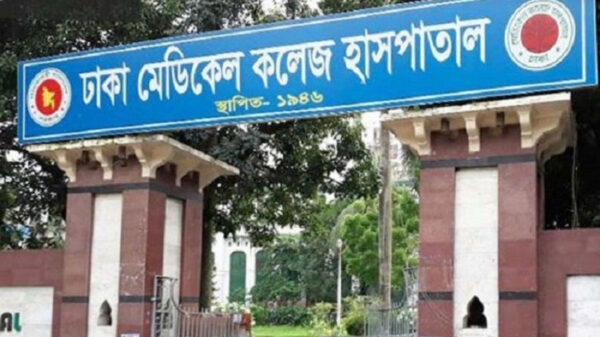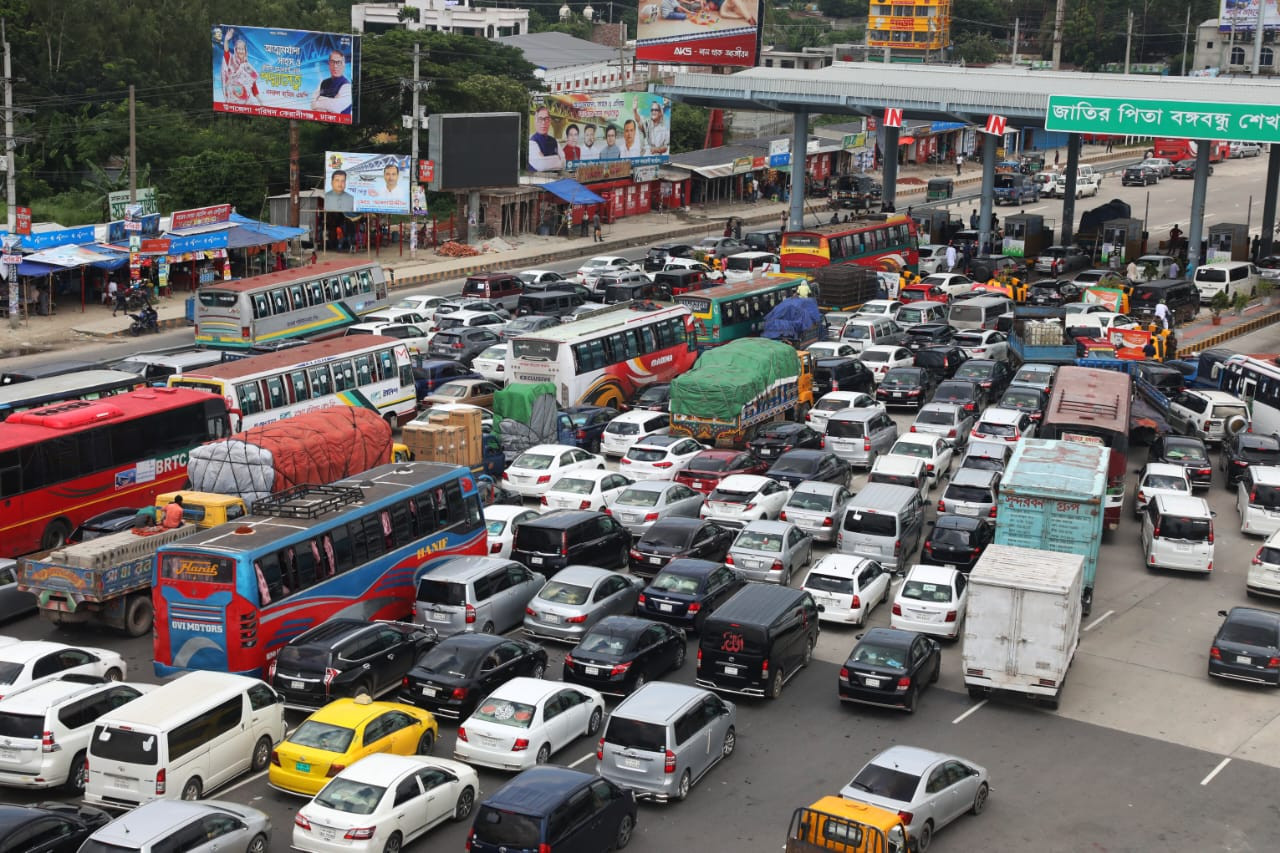Staff Reporter:
Transport discipline (or the lack of it), road safety, loss of lives and property in road accidents, and the role of concerned agencies and their capacity in discharging their responsibilities in this arena are much talked about issues in Bangladesh.
All of this brings to the fore a lot of serious problems, seemingly with no visible solutions in sight.
There have been threadbare discussions on various aspects that have led to the current chaotic situation — one that has been prevailing for decades in the country.
In spite of our development in many sectors which — which by now are vividly being showcased as a model success story — the road safety and transport sector remains an unending agony. This is to the utter shock and surprise of many.
Our reaction and attitude towards hundreds of thousands of people losing their lives or getting maimed as a matter of routine is rather apathetic and obscure.
Experts have opined that when there are so many illegal aspects connected to road transportation and safety such as illegal vehicles, illegal parking, illegal routes, illegal drivers, and so on, it is difficult even to think where we should make a beginning to fix things.
There are millions of drivers at the wheel not having any valid driving license, vehicles without any kind of fitness or even inspection, unauthorized vehicles of various descriptions plying our highways at random, vehicles running in the opposite direction confronting the main traffic, pedestrians jaywalking, buses pulling up at the middle of the road, and so on.
Nowhere in the country do we have the very basic traffic signals controlled by yellow, red, and green lights — which is universal even in an analogue world.
Bangladesh Road Transport Authority (BRTA) has intended to begin its journey to digitization for a couple of years now, having no expertise of its own. It nevertheless collected public money in the form of taxes of various kinds such as vehicle registration, fitness, digital number plate, digital driving license, and so on.
But it utterly failed to deliver on its digital promise — to the dismay and suffering of millions of vehicle owners and drivers.
It stopped delivering driving licenses or renewing existing ones in 2019 as an IT firm given the contract betrayed BRTA and left abruptly, putting the agency in a deep quagmire. Unfortunately, it is only the public who have suffered and the transport sector has sunk further into the abyss of chaos.
It is surprising and unpardonable that BRTA, after having joined the whole nation in our chorus of Digital Bangladesh, has failed towards upholding its own promises. Aren’t there enough Bangladeshis to handle such a job?
Even if they would outsource, why wouldn’t they develop their bare minimum capability of monitoring the progress of the work and retain access to important data?
Our concerned government officials and BRTA authority, whenever confronted with questions regarding the current disarray and chaos in the transport sector, would come up with some common issues such as lack of manpower and inadequacy of resources.
However, this will simply not do. This being a vital sector connected with the lives and living of millions, the government needs to have an action plan to fill up the shortage of manpower, have training in required skills, and procure and install necessary gadgets and equipment.
If we have a time bound plan in place right now and a system of periodic review, only then will it remain on course and shall be able to take corrective measures when needed. BRTA has a serious obligation to the public to have a plan to overcome its shortages and notify periodically regarding their progress in this regard.
BRTA undertook a project for digital number plates in 2012 which remains ineffective till date. Retroreflective (RR) number plates or digital number plates were introduced in 2012 to check theft of motor vehicles — that are hardly coming into use.
This is also supposed to enable checking vehicles without having to stop them. Unfortunately, we still are at the mercy of policemen on duty to wave and stop our vehicles — thus causing undue harassment, inconvenience to passengers, and most importantly, killing precious time.
Regarding road safety and traffic management, there are other agencies also responsible for facilitating, disciplining, and managing traffic. Starting from 2001, there have been several endeavours by our city corporations — all aimed at better traffic management. From manual traffic control to semiautomatic, automatic, electronic and digital, they tried it all, but to no avail.
As many as four government agencies and two international lenders, namely World Bank and JICA, have spent a total of around Tk108 crore to upgrade the traffic light system in Dhaka over the past two decades, but several projects have failed due to poor planning – as opined by urban transport experts.
One major reason why all these projects failed to bear any fruit is that in most of the cases, our actual road conditions, volume of traffic, and pedestrian behaviour have not been taken into consideration. There are big questions as to who has reaped the actual benefit of such huge amounts of public money going down the drain.
Very recently there was news that BRTA has floated an idea of enforcement that all repair workshops in the city will have to be registered with them and possess prescribed amount of space and facilities developed to be able to run their business besides having their trade license.
The idea seems to be noble in ensuring quality repair service to vehicle owners and bring some kind of discipline in this sector. But isn’t it a peripheral issue when BRTA is far from having its capacity to deal with other priority jobs, such as vehicle inspection and issuing licenses?
Another controversy it stirred up is by asking various rights agencies working on road safety to check with BRTA before publishing any data related to deaths and injury related to road accidents.
To bring discipline to our roads is a daunting task which involves a good number of agencies — including transport owners, drivers, pedestrians, law enforcers, and city corporations in addition to the BRTA.
But a good idea will be to shake up BRTA and rejuvenate it with utmost priority. It has miserably failed us in our digital dreams. Before we embark on our journey towards a smart Bangladesh, a thorough overhauling is a must.


